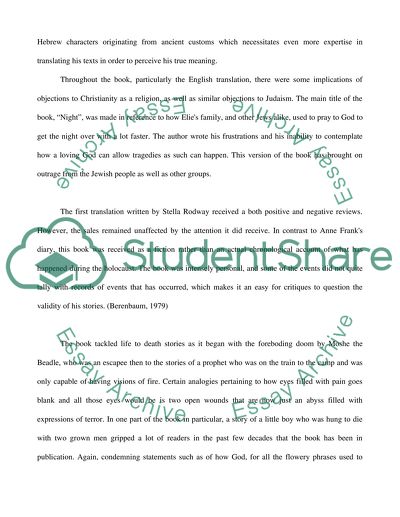Cite this document
(“Holocaust Dissertation Example | Topics and Well Written Essays - 1250 words”, n.d.)
Retrieved from https://studentshare.org/family-consumer-science/1423016-holocaust
Retrieved from https://studentshare.org/family-consumer-science/1423016-holocaust
(Holocaust Dissertation Example | Topics and Well Written Essays - 1250 Words)
https://studentshare.org/family-consumer-science/1423016-holocaust.
https://studentshare.org/family-consumer-science/1423016-holocaust.
“Holocaust Dissertation Example | Topics and Well Written Essays - 1250 Words”, n.d. https://studentshare.org/family-consumer-science/1423016-holocaust.


